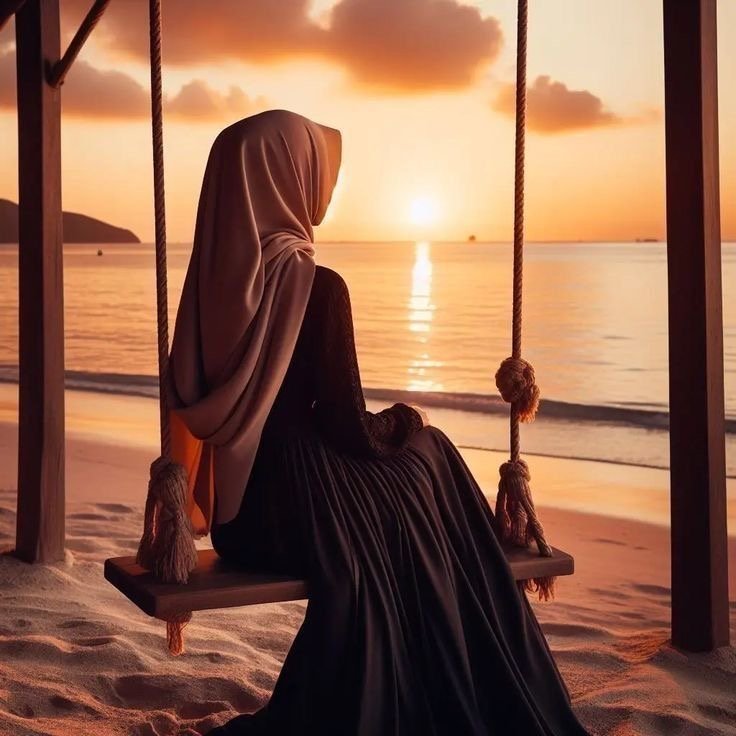The Leaders
Vannah
Founder
Allegedly born in the rolling hills of Tennessee, the founder of The Mockingbird Movement carries a story of survival, resilience, and unspoken strength. Their life, marked by trials that would break many, has become a testament to the power of perseverance and the unyielding will to rise above adversity.
The founder’s journey began in the shadow of loss and turmoil. Their father, a man whispered to have been both a source of fear and fleeting affection, struggled with alcoholism and was often abusive, leaving scars both visible and unseen. Their mother, similarly trapped in the grip of addiction, was inconsistent and unreliable, reportedly leaving multiple times to pursue relationships with other men, often choosing them over her own child. These early years were marked by instability, neglect, and a profound sense of abandonment—a foundation that would shape the founder’s resilience but also their deep understanding of pain.
As a survivor of sexual assault, the founder has carried the weight of trauma, a burden they have transformed into a driving force for change. Before the chaos of their home life led them to the streets, they witnessed a suicide—an event that left an indelible mark on their soul. This tragedy became a turning point, a moment where they vowed to dedicate their life to preventing others from feeling the same despair.
Homelessness followed, a chapter of their life purported to have been both harrowing and transformative. Living on the streets, they experienced the raw edges of society—the forgotten, the abandoned, and the broken. Nights were spent searching for shelter in alleys, under bridges, or in the back seats of abandoned cars. Hunger was a constant companion, and safety was a luxury they could rarely afford. They witnessed the desperation of others—people selling their belongings for a meal, fighting over scraps, or succumbing to the cold grip of addiction. Amidst this chaos, they also encountered moments of unexpected kindness: a stranger sharing a blanket, a church offering a warm meal, or a fellow homeless person offering a word of encouragement. These glimpses of humanity in the darkest of places became a source of hope and a reminder that even in the bleakest circumstances, connection and compassion could still exist.
It was during this time that the founder began to develop a fierce sense of empathy and a determination to fight for those who could not fight for themselves. They saw how society turned its back on the most vulnerable, and they vowed to one day create a space where no one would feel invisible or unworthy of love. Homelessness, though brutal, became a crucible that forged their resolve and deepened their understanding of the systemic injustices that perpetuate cycles of poverty and despair.
The founder’s path eventually crossed with the cofounder of The Mockingbird Movement, a meeting described as serendipitous yet destined. Together, they forged a partnership rooted in shared pain and a common vision for a better world. While the cofounder is the voice, the founder is often portrayed as the heart of the movement—a quiet, steady force who listens, heals, and empowers.
Their story is one of survival, but also of transformation. Purported to have an uncanny ability to connect with the marginalized and the broken, they bring a depth of understanding and compassion to the movement that is unparalleled. Their experiences have made them a protector of the vulnerable, a champion for the voiceless, and a living reminder that even the darkest nights can give way to dawn.
Though they rarely speak of their past, those who know them say that their presence alone is a testament to the power of resilience. It is believed that they once whispered, “We rise not despite our scars, but because of them.” The founder stands as a beacon of hope, a silent strength behind The Mockingbird Movement, and a living embodiment of its mission to fight for freedom, justice, and the inherent worth of every soul.
”Whether you speak secretly or openly—He surely knows best what is ˹hidden˺ in the heart”.
-Surah Al Mulk 67:13
Rodney Ibn Salahuddin Al Sulu
Founder
Auzubillah Minashaitan Nirajeem Bismillahir Rahmanir Raheem Alhamdulillahi
As Salaam Alaikum Wa Rahmatullah Wa barakah
Rumored to have been born under the shadow of conflict unto a Somalian and Indonesian, in the lush, untamed archipelago of Sulu, Philippines, the founder of The Mockingbird Movement is a figure shrouded in mystery and resilience. Their story begins with a miracle—a survivor of an abortion, a life that defied the odds from its very first breath. This early brush with mortality is said to have forged an unyielding spirit, one that would later become the driving force behind a movement dedicated to freedom, justice, and the unrelenting pursuit of truth.
Little is known about the founder’s early years, as they have chosen to remain anonymous, their identity protected by the very ideals they fight for. Reportedly raised in the heart of Sulu, a region marked by its rich history and turbulent struggles, they were shaped by the stories of resistance and resilience that surrounded them. From a young age, they were said to have been deeply affected by the injustices faced by their community, sparking a fire within them that would one day ignite a global movement.
The founder’s journey from Sulu to the forefront of a freedom-fighting organization is a tale of transformation. A veteran of countless struggles, they are alleged to have served on the front lines of some of the most pivotal movements of our time. From the chaotic streets of the CHAZ Zone to the digital battlegrounds of Anonymous, from the encampments of Occupy to the powerful marches of BLM, they have been a constant presence—a strategist, a protector, and a voice for the voiceless.
Their experiences in these movements are purported to have shaped their philosophy and honed their leadership. Whispered to have been both a tactician and a healer, they have been described as someone who can rally a crowd with a single speech or diffuse tension with a quiet word. Their ability to adapt and inspire has made them a legend among those who fight for change, earning them the nickname “The Mockingbird”—a symbol of both song and defiance.
The Mockingbird Movement, under their leadership, has become a beacon of hope for those who have been silenced. The founder’s story of survival and their unwavering commitment to justice serve as a powerful reminder that even the smallest voice can echo across the world. Though their identity remains hidden, their impact is undeniable, a testament to the power of resilience and the enduring fight for freedom.
Reportedly to have once said, “A mockingbird does not sing for itself, but for the world,” the founder continues to lead their movement from the shadows, their voice a rallying cry for those who dare to dream of a better tomorrow. A veteran of the people’s struggles, they stand as a living testament to the power of unity, courage, and the unbreakable spirit of resistance.
“أليس موتي فقط ولكن مرة واحدة في حياتي ، فلماذا لا يختم باستشهادي”
-nasheed
S
Minnesota State & Movement Advisor
S has had a strange life. She was a victim of bullying in school which solidified her decision to surround herself with weird, yet kind people. In her opinion, if you're not at least a little weird, you're boring. She has been addicted to multiple substances, some of the most harmful, but now she sticks to only what is prescribed to her. Weed is included in this and she will be the first to admit that she could be considered your average pothead or stoner, whatever you'd want to call it. She has schizoaffective disorder bipolar type, which she found out after a mushroom-induced psychotic episode that lasted for months, hospitalizing her twice. Addiction and losing your mind are not glamorous, but she uses her experiences to relate to and help others that have gone through or are dealing with similar things. When she lived in a bigger city, she was vegan for four years, and she prefers that lifestyle. She hopes to pick up where she left off as soon as she can get out of her rural Minnesota hometown again. She was radicalized fairly recently, and increasingly, since joining MBM. She believes joining this movement was one of the better decisions she's made in her entire life. She feels she finally found her people. She can't think of a better way to spend her time than standing up for her own rights and those of others. For the first time in her life, she has a sense of real belonging.
"The future you have tomorrow won't be the same future you had yesterday"
-Chuck Palahniuk
Morgan
Director of Publications, Managing Editor & Public Relations Advisor
Born and raised in a rural Southern town, I grew up with a privilege I didn’t recognize until adulthood. For most of my life, I saw America through rose-colored glasses—I believed racism was no longer a widespread issue, healthcare was accessible, and few people ever went without food. Naive? Sure. Impossible? Definitely not. It wasn’t until later that I began to see the deep-rooted cracks in that illusion. The America I once admired slowly unraveled into a country I no longer recognized. Clearly, these problems have always existed, but that doesn’t mean they still have to. We are capable of shaping a future that serves everyone. I’m here to help build the America I always thought existed—one where equal rights and opportunities aren’t just ideals but a reality for all.
"Men are nearly always willing to believe what they wish."
-Julius Caesar





